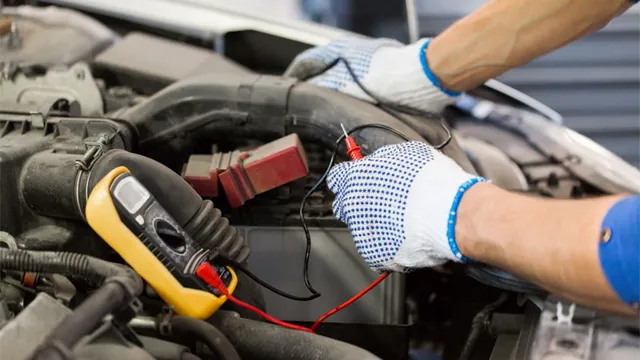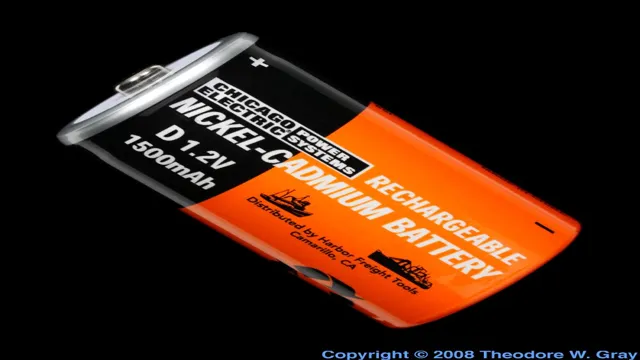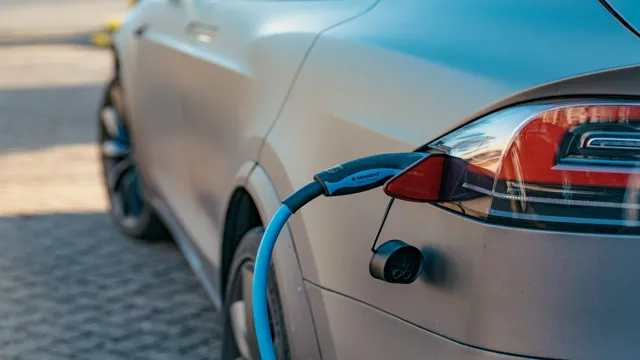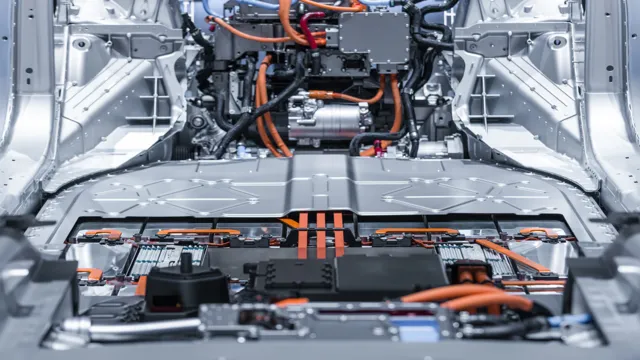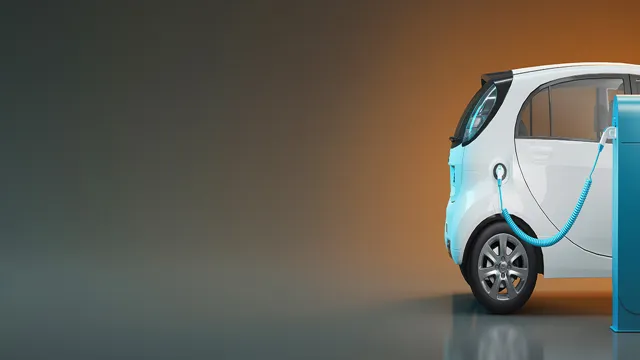5 Common Car Electrical Problems that Can Drain Your Power: Are You Dealing with a Bad Battery?
Picture this: you’re ready to head out for the day, ready to start your car, and nothing happens. The engine doesn’t turn over, the lights don’t come on, and the dashboard stays blank. A common thought in this situation is, “Oh no, is my car dead?”.
If you’re experiencing this scenario, don’t panic, as your car may have a common electrical problem. Car owners frequently encounter issues with the car battery that can lead to all sorts of electrical malfunctions. These can refer to no power issues, which means your car won’t start, and your battery is at fault.
A dead battery may be annoying, but it’s not the end of the world. In this blog, we’ll look at the warning signs to indicate that your car battery is aging. We’ll also cover some easy troubleshooting tips you can do by yourself to determine if you need to perform any repairs, replacements or if it’s time to purchase a new automobile battery.
Signs of Electrical Failure
One of the most frustrating things that can happen while driving is experiencing electrical failure in your car. This can happen for several reasons and can be a real headache if you don’t know what to look for. One of the most common signs of electrical failure is a lack of power in the vehicle.
This can happen when the battery is dead or dying, and it’s essential to get it checked out by a professional. Other signs could include flickering lights or dashboard warnings flashing on and off, which could mean there is a problem with the electrical system. It’s always better to be safe than sorry when it comes to car issues, so if you notice any of these signs, it’s best to take your car to get checked out by a mechanic.
A bad battery or other electrical problems can quickly escalate and lead to more severe issues that could be costly to repair, so taking care of the problem early is crucial.
Dimming lights, dashboard warning lights, slow crank
Electrical Failure Driving down the road and suddenly the lights start to dim? Or a dashboard warning light appears out of nowhere? These are signs of a potential electrical failure in your vehicle. Another telling sign is a slow crank when starting your car. This could mean that your battery or alternator is failing.
Ignoring these symptoms can lead to serious consequences like being stranded on the road due to a dead battery. It’s essential to get your car inspected by a professional mechanic to diagnose the underlying issue. Electrical issues can be complicated and often require specialized tools and expertise.
Don’t try to fix the problem yourself; it’s not worth the risk to your safety. Remember to take your vehicle in for regular maintenance, which can help detect and prevent electrical issues from occurring. Stay safe and keep your car in good shape, so you can avoid any unexpected breakdowns on the road.
Causes of a Dead Battery
Car electrical problems can be frustrating, especially when you’re in a hurry to get somewhere and your car won’t start. One of the most common causes of a dead battery is leaving your lights on or accidentally leaving a charging device plugged in overnight. This can drain your battery and leave you with no power to start your car.
Another cause of a bad battery could be due to its age. Over time, batteries can lose their charge and eventually become completely dead. It’s important to regularly check the age of your battery and replace it if necessary to avoid unexpected breakdowns.
In addition, extreme weather conditions, such as extreme heat or cold, can also cause your battery to fail. Maintaining your car and keeping a watchful eye on your battery can help prevent these issues and keep your car running smoothly.
Old age, short trips, extreme temperatures, leaving lights on
A dead battery can put a damper on your day and leave you stranded in an inconvenient location. So what causes a dead battery, and how can you prevent it from happening? Old age is one common culprit, as batteries tend to deteriorate over time and lose their ability to hold a charge. Short trips can also lead to a dead battery, as the alternator doesn’t have enough time to fully recharge the battery between starting the car.
Extreme temperatures, whether hot or cold, can also take a toll on your battery and cause it to drain faster than normal. Finally, leaving lights on can drain your battery overnight and leave you with a car that won’t start in the morning. To avoid these issues, try to take longer drives occasionally, especially if you only use your car for short trips.
Keep your battery maintained and replace it when it’s past its prime. And always be vigilant about turning off your lights before you exit the car, even if it’s just for a short time. By doing these things, you can ensure that your battery stays charged and your car stays operational, no matter what life throws your way.
What to Do When Your Car Won’t Start
There’s nothing more frustrating than getting into your car, turning the key, and realizing that the engine won’t start. Car electrical problems can be a major annoyance, and the most common culprit is often a bad battery. If you’re experiencing a complete loss of power when you try to start your car, there’s a good chance that your battery is either dead or dying.
If you don’t have access to a jump starter or don’t feel comfortable using one, the best course of action is to call a towing service to get your vehicle to a mechanic. However, if you’re comfortable getting your hands dirty, you could try jump-starting your car with a pair of jumper cables. Simply connect the red cable to the positive terminal on your dead battery and the red cable on the charged battery, and then connect the black cable on the charged battery to a ground on the dead car (such as the engine block or frame).
Let your car run for a few minutes to charge up the battery, and you may be able to get back on the road.
Jumping the battery, checking alternator & starter
Car won’t start It can be frustrating when your car won’t start, but there are a few things you can do to get back on the road. First, check the battery terminals to make sure they are clean and tight. If they are, try jumping the battery with another car or a portable jump starter.
If the battery is not the issue, it could be the alternator or starter. You can check the alternator by using a multimeter to measure the voltage while the engine is running. If it is not producing enough power, it may need to be replaced.
The starter can be checked by listening for a clicking sound when you turn the key. If you hear it, the starter could be faulty and needs to be replaced. It is also important to remember to never ignore warning signs such as dimming headlights or slow cranking.
In the long run, it is cheaper to address these issues early on rather than waiting for a breakdown. So, take the necessary steps to keep your vehicle running smoothly and avoid being stranded on the road.
Preventing Electrical Problems
Dealing with car electrical problems can be a huge hassle, especially when you don’t know what to do. One common problem that you might encounter is a sudden loss of power or a bad battery. So, what can you do to prevent these issues from happening? First and foremost, regular maintenance is key.
Make sure you keep your battery properly charged and clean the terminals regularly. Additionally, check your alternator, belts, and wiring for any signs of wear and tear. Another factor to consider is extreme weather conditions such as hot or cold temperatures, which can greatly affect your vehicle’s electrical system.
It’s always a good idea to keep a battery charger or jumper cables handy just in case. Taking these preventive measures can help ensure you don’t get caught off guard with a dead battery or loss of electrical power in the middle of nowhere.
Regular maintenance, proper usage, investing in a quality battery
Preventing electrical problems in your car can save you a lot of hassle and money down the road. Regular maintenance, proper usage, and investing in a quality battery are all important factors to consider. Making sure your car’s electrical system is functioning properly is key to avoiding unexpected breakdowns or issues.
One way to ensure this is through regular maintenance, such as getting your vehicle serviced at recommended intervals, checking your battery’s condition, and replacing worn out parts. Proper usage is also important, such as making sure you’re not overloading your car’s electrical system by using too many accessories at once. Investing in a quality battery can also go a long way in preventing electrical problems, as it will last longer and provide more reliable performance.
Taking these steps can help ensure your car’s electrical system stays in good working order, and avoid the stress and inconvenience of unexpected breakdowns.
Choosing the Right Replacement Battery
Car electrical problems can be frustrating, especially when it’s caused by a bad or failing battery. If you’re experiencing issues with no power or the engine not starting, it’s essential to choose the right replacement battery. First, consider the size and type of battery your car requires, as well as the cold cranking amps (CCA) rating needed for your climate.
It’s also crucial to check the age of your current battery and opt for a replacement that’s fresh and has a high reserve capacity. Additionally, consider the reputation and warranty of the brand you choose. By taking the time to research and select a quality replacement battery, you can avoid future electrical problems and get back on the road with confidence.
Don’t let a bad battery bring you down – choose the right replacement for a reliable and efficient vehicle.
Conclusion
In the world of cars, electrical issues can be a real drain on performance. When faced with the dreaded “no power” scenario, it’s essential to consider the possibility of a bad battery. Without a reliable power source, your vehicle simply won’t have the juice it needs to get up and go.
To avoid being left stranded in the middle of nowhere, it’s important to maintain your battery and keep an eye out for any signs of trouble. With a little attention and care, you can keep your car running smoothly and avoid these pesky electrical problems.”
FAQs
What are some common signs of car electrical problems?
Some common signs of car electrical problems include dimming headlights, flickering interior lights, a dead battery, and a clicking sound when trying to start the engine.
How can I test my car’s battery to see if it’s bad?
You can use a multimeter to test your car’s battery voltage. A good battery should read around 12.6 volts when fully charged. Anything lower than that may indicate a weak or dying battery.
What are some reasons why my car has no power and won’t start?
There are several reasons why a car may have no power and won’t start, including a dead battery, a faulty alternator, a bad starter motor, or a faulty ignition switch.
How can I prevent car electrical problems from occurring?
To prevent car electrical problems, make sure to regularly inspect and maintain your car’s battery, alternator, and starter motor. Avoid overloading your car’s electrical system with too many aftermarket accessories, and always follow the manufacturer’s recommendations for battery replacement.

